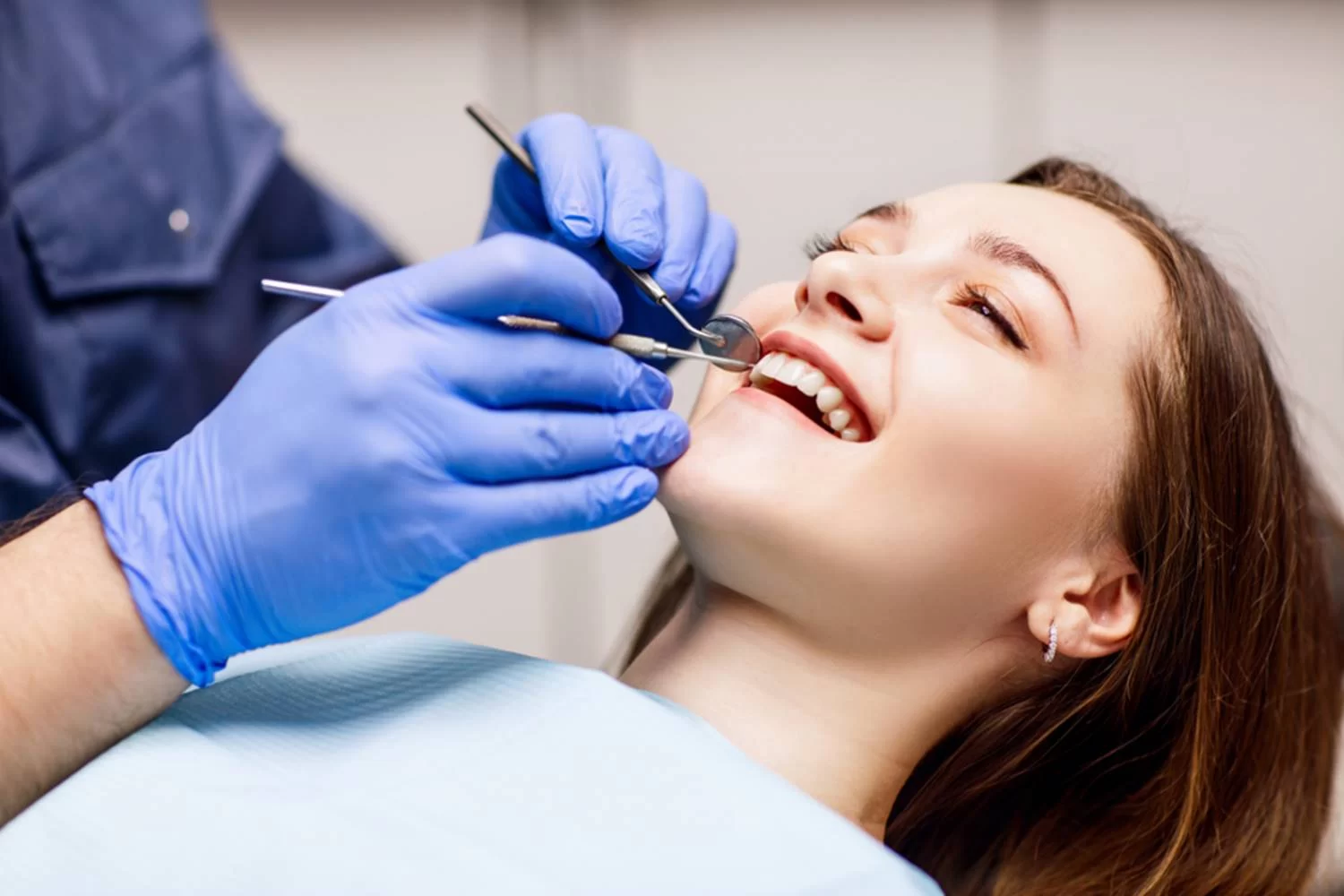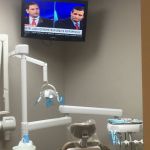
Why Dental Cleanings Are Important Even Without Cavities: The Essential Role of Regular Teeth Cleanings
- 1. The Importance of Regular Dental Cleanings
- 2. What Happens During a Professional Cleaning
- 3. How Cleanings Help Prevent Gum Disease
- 4. Preventing Plaque and Tartar Buildup
- 5. The Long-Term Benefits of Regular Teeth Cleanings
1. The Importance of Regular Dental Cleanings
Dental cleanings are essential for maintaining good oral health, even if you don’t currently have cavities. Many people think that if they aren’t dealing with cavities, their oral health is in the clear. However, that couldn’t be further from the truth. Over time, plaque and bacteria build up on your teeth, and without regular professional cleaning, this can lead to serious dental issues, even if your teeth look healthy.
The Role of Preventative Care
Regular dental cleanings are a key part of preventative dental care. While brushing and flossing at home are important, they aren’t always enough to remove all plaque, especially in areas that are hard to reach. Professional cleanings ensure that your mouth is thoroughly cleaned, helping prevent long-term dental problems that could arise even without cavities.
2. What Happens During a Professional Cleaning
When you visit the dentist for a cleaning, the process usually involves several key steps. I recall my first professional cleaning, and I was surprised at how thorough the procedure was. Even though I didn’t have cavities at the time, the hygienist spent a good amount of time removing plaque and tartar from my teeth and around the gumline.
Scaling and Polishing
During the cleaning, the dental hygienist will use specialized instruments to scale your teeth, removing plaque and tartar. This process helps prevent gum disease and cavities from developing. After scaling, the hygienist will polish your teeth to remove any remaining stains and leave your teeth feeling smooth and refreshed. Regular cleanings help ensure your mouth stays healthy, even without the presence of cavities.
3. How Cleanings Help Prevent Gum Disease
Even if your teeth don’t have cavities, you may still be at risk for gum disease. Gum disease can develop when plaque builds up along the gumline and hardens into tartar, leading to inflammation of the gums (gingivitis) and, if untreated, advanced stages of periodontitis. Regular cleanings are crucial in preventing gum disease, as they remove the plaque and tartar buildup that can cause these issues.
Gingivitis Prevention
Gingivitis is a common, mild form of gum disease that occurs when plaque is allowed to accumulate along the gumline. I’ve seen firsthand how a simple dental cleaning can stop gingivitis in its tracks before it progresses to something more severe. Regular cleanings help reduce the bacteria in your mouth and promote healthy gums, ensuring they remain free of disease.
4. Preventing Plaque and Tartar Buildup
One of the main reasons dental cleanings are so important, even without cavities, is to prevent plaque and tartar buildup. Plaque is a sticky film of bacteria that forms on your teeth throughout the day. While brushing helps remove plaque, it can’t always reach all areas of your teeth, especially around the back teeth or below the gumline.
Why Tartar Removal is Key
If plaque isn’t removed through regular brushing, it hardens into tartar, which can only be removed by a professional. Tartar buildup can lead to tooth decay and gum disease, even in the absence of visible cavities. This is why it’s important to get regular cleanings: to remove any plaque or tartar buildup that you might have missed and to maintain a clean, healthy mouth.
5. The Long-Term Benefits of Regular Teeth Cleanings
Regular professional cleanings offer long-term benefits that go beyond just preventing cavities. By maintaining regular cleanings, you’re investing in your long-term oral health. Over time, this practice can help you avoid costly dental procedures, maintain healthier gums, and keep your smile looking bright.
Cost Savings and Healthier Teeth
While the cost of cleanings may seem like an expense, regular visits can actually save you money in the long run. Preventing gum disease and plaque buildup reduces the need for more expensive procedures, such as fillings, root canals, or gum surgery. I’ve seen people save thousands of dollars simply by staying on top of their cleanings and avoiding serious dental issues.
Taking care of your teeth with regular dental cleanings ensures that you maintain a beautiful smile and strong, healthy teeth throughout your life. For more information on the best dental care products and tips to keep your mouth in top shape, visit Dentistry Toothtruth.







 Polaris Dental Care4.0 (170 review)
Polaris Dental Care4.0 (170 review) Emerald Dental4.0 (564 review)
Emerald Dental4.0 (564 review) Dr. Joanne Kim Orthodontics0.0 (0 review)
Dr. Joanne Kim Orthodontics0.0 (0 review) Family and Cosmetic Dentistry of Randolph, Dr. Anthony Fusco & Dr. Joseph Caravano5.0 (280 review)
Family and Cosmetic Dentistry of Randolph, Dr. Anthony Fusco & Dr. Joseph Caravano5.0 (280 review) All Seacoast Dental and Associates3.0 (38 review)
All Seacoast Dental and Associates3.0 (38 review) Salt Lake Smiles4.0 (153 review)
Salt Lake Smiles4.0 (153 review) The Importance of Oral Health Education During Pregnancy for a Healthy Pregnancy
The Importance of Oral Health Education During Pregnancy for a Healthy Pregnancy Best Tips for Brushing Your Teeth Properly for Healthy Gums: Essential Techniques for Oral Health
Best Tips for Brushing Your Teeth Properly for Healthy Gums: Essential Techniques for Oral Health Why Skipping Dental Checkups Can Lead to Bigger Oral Health Problems
Why Skipping Dental Checkups Can Lead to Bigger Oral Health Problems Advantages of Porcelain Dental Restorations
Advantages of Porcelain Dental Restorations How Can Diabetes Cause Tooth and Gum Problems? Preventing and Managing Oral Health Issues
How Can Diabetes Cause Tooth and Gum Problems? Preventing and Managing Oral Health Issues Healthy Habits for Promoting Good Oral Health and Hygiene: Tips for a Healthy Smile
Healthy Habits for Promoting Good Oral Health and Hygiene: Tips for a Healthy Smile